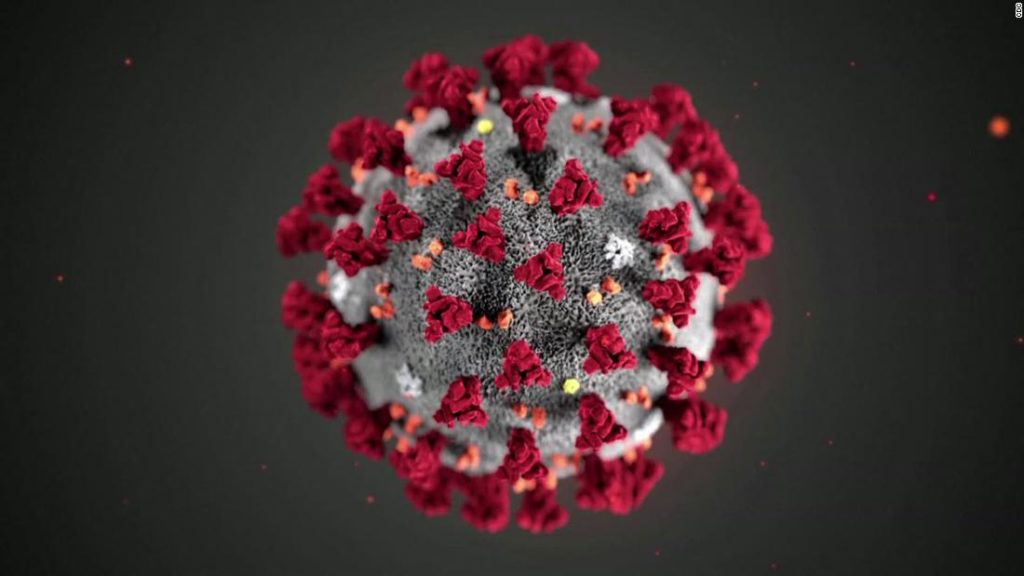The outbreak at the General Bernardo O’Higgins Riquelme Base was confirmed just days after at least three people tested positive for Covid-19 on a military vessel that had been supplying logistical support to the base between November 27 and December 10.
The news is a reminder that governments cannot let their guards down, at least not until most of the world gets vaccinated.
The island has had one of the most successful pandemic responses in the world. It has restricted access for foreigners and put in place effective tracing and testing programs. Those found breaching the measures can face severe punishment. Earlier this month, a man was fined $3,500 by Taiwanese authorities after breaching quarantine for only 8 seconds.
But even the strict rules didn’t prevent the new infection, which ended a 255-day run without a single case of local transmission, underscoring the difficulties in controlling the virus even in areas where it has been largely stamped out.
YOU ASKED. WE ANSWERED.
Q: Is the new coronavirus strain more dangerous for kids?
A: A: There is no evidence as of now to suggest that the new variant is more deadly, according to the World Health Organization, the US Centers for Disease Control and Prevention and the the UK’s New and Emerging Respiratory Virus Threats Advisory Group (NERVTAG).
“There is a hint is that [the variant] … has a higher propensity to infect children,” scientist Neil Ferguson, a member of NERVTAG, said, though he cautioned that more data was needed.
Another NERVTAG member, Wendy Barclay, said earlier strains of the virus may have had a “harder time” getting into human cells using a receptor called ACE2. Adults, who have a lot of this receptor in their noses and throats, are “easy targets” compared to children. But under this hypothesis, a virus that can more readily use this receptor to enter cells may make children just as susceptible to the virus as adults, she said.
Severe illness due to Covid-19 is still relatively rare for children.
WHAT’S IMPORTANT TODAY
Trump throws Covid relief bill in doubt by asking Congress to amend it
“I’m asking Congress to amend this bill and increase the ridiculously low $600 to $2000 or $4000 per couple,” Trump said in a video released on Twitter.
Three centuries of smallpox mortality data shows how epidemics linger
So while social distancing, quarantines and masks may become less vital by the second half of 2021, the history of smallpox, and many of the historical outbreaks the researchers have studied, shows that Covid-19 can certainly stick around, ebbing and flowing for the foreseeable future.
France reopens UK border — with conditions
Thousands of trucks and other vehicles have been stranded for days on the English side of the border, unable to cross the Channel into France. UK officials have said it could take days more to get everyone tested and clear the backlog.
ON OUR RADAR
- Dr. Anthony Fauci, US health secretary Alex Azar, and National Institutes of Health director Dr. Francis Collins received their first doses of Moderna’s Covid-19 vaccine yesterday.
- British royals have been accused of breaking coronavirus regulations during a family outing.
- Every country has vaccine skeptics. In Russia, doctors are in their ranks.
- South Carolina governor Henry McMaster has tested positive for Covid-19.
- Doctors were caught on camera celebrating the arrival of the coronavirus vaccine.
- A Singaporean traveler has become the first to use a digital Covid-19 health certificate to cross an international border.
TOP TIPS
In this long and difficult year, pandemic fatigue has caught up with so many people who just want to be with their loved ones during the holiday season.
FACTS vs FICTION PODCAST
You may also like
-
UK coronavirus variant has been reported in 86 countries, WHO says
-
NASA technology can help save whale sharks says Australian marine biologist and ECOCEAN founder, Brad Norman
-
California Twentynine Palms: Explosives are missing from the nation’s largest Marine Corps base and an investigation is underway
-
Trump unhappy with his impeachment attorney’s performance, sources say
-
Lunar New Year 2021: Ushering in the Year of the Ox

